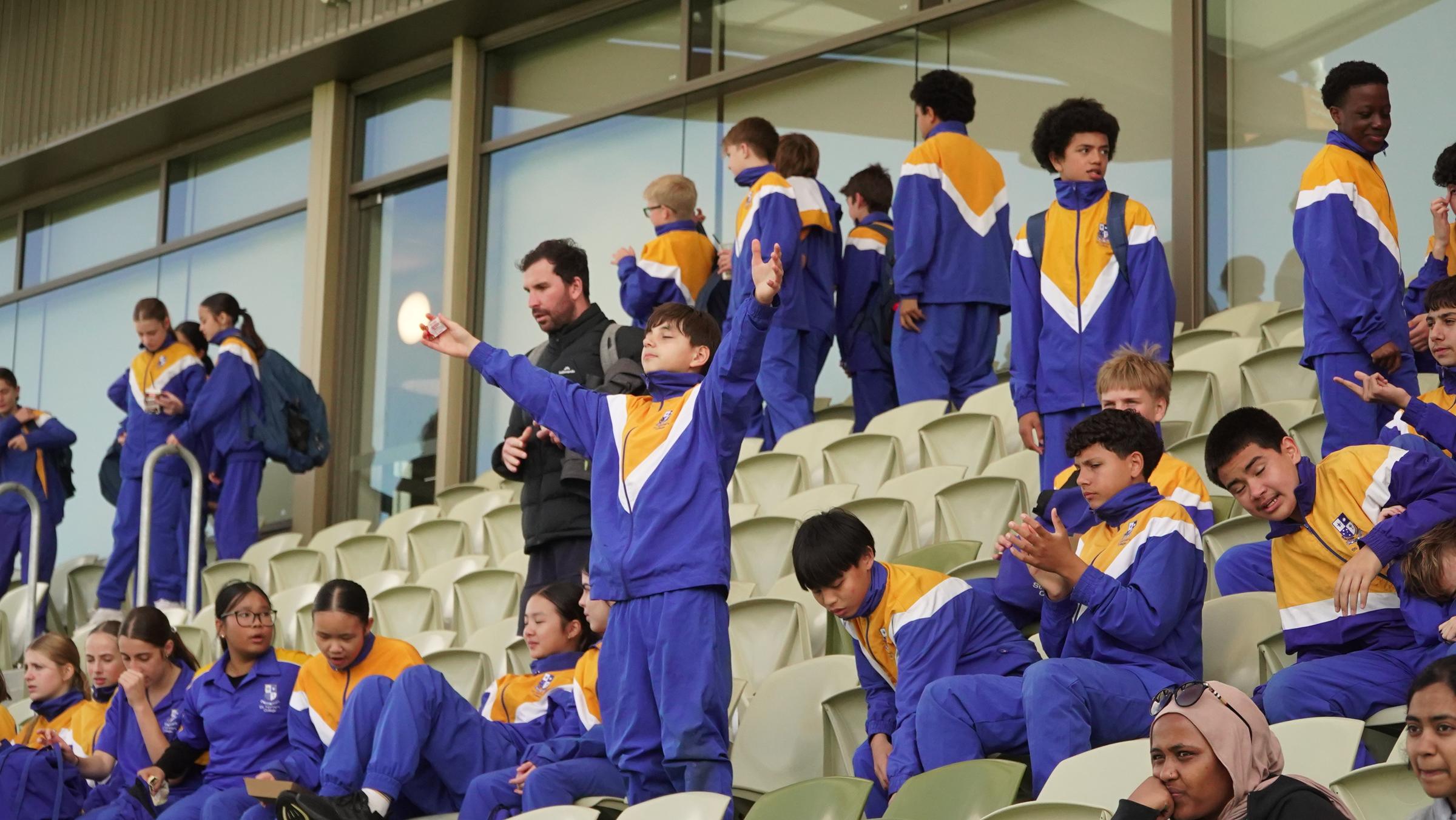Pastoral Care

Supporting Your Child Through Changes in Friendship
As students progress through secondary school, they often experience changes in their friendship groups. These changes can be challenging, but with your support, your child can navigate these transitions with resilience and confidence. Here are some ways you can help:
1. Listen and Validate Their Feelings
When your child talks about their friendship changes, listen attentively. Validate their feelings by acknowledging their emotions, whether they are sad, confused, or even relieved. You can use phrases like “I understand this is hard for you” or “It’s okay to feel this way” can be comforting.
2. Encourage Open Communication
Create an environment where your child feels safe to express their thoughts and feelings. Encourage them to talk about what happened and how they feel about it. Ask them open-ended questions like, “Can you tell me more about what happened?” or “How did that make you feel?”
3. Teach Empathy and Perspective-Taking
Help your child understand different perspectives by discussing the situation from various angles. Encourage them to consider how their friends might be feeling and why they might have acted a certain way. This can foster empathy and reduce feelings of resentment.
4. Promote Positive Coping Strategies
Guide your child towards healthy ways to cope with their emotions. Activities like journaling, exercising, or engaging in hobbies can be beneficial. Remind them that it is okay to take time for themselves and to seek out activities that make them happy.
5. Model Healthy Relationships
Demonstrate what healthy friendships look like through your own relationships. Show your child how to handle conflicts respectfully and how to maintain strong, supportive connections. Your behaviour sets a powerful example for them to follow.
6. Encourage New Connections
Support your child in making new friends by encouraging them to join clubs, sports teams, or other co-curricular activities at the College. These environments provide opportunities to meet peers with similar interests and can help them build new, positive relationships.
7. Be Patient and Supportive
Friendship changes can take time to adjust to. Be patient with your child as they navigate these transitions. Offer your support and remind them that it’s normal for friendships to evolve over time.
8. Seek Professional Help if Needed
If your child is struggling significantly with the change, consider seeking help from their Head of House, Head of Year 7 or a mental health professional. They can provide additional support and strategies to help your child cope.
Conclusion
Changes in friendships are a natural part of growing up. By providing a supportive and understanding environment, you can help your child navigate these changes with confidence. Remember, your guidance and empathy can make a significant difference in how they handle these transitions.
Some Useful Websites
Raising Children Network: This site provides comprehensive guidance on building positive family relationships with teenagers and supporting their friendships
Be You: This resource offers strategies for helping children transition from primary to secondary school, including managing new friendships and social dynamics.
Headspace: This site provides guidance on supporting young people through various transitions, including changes in friendships during secondary school1.
The Pastoral Care Team
